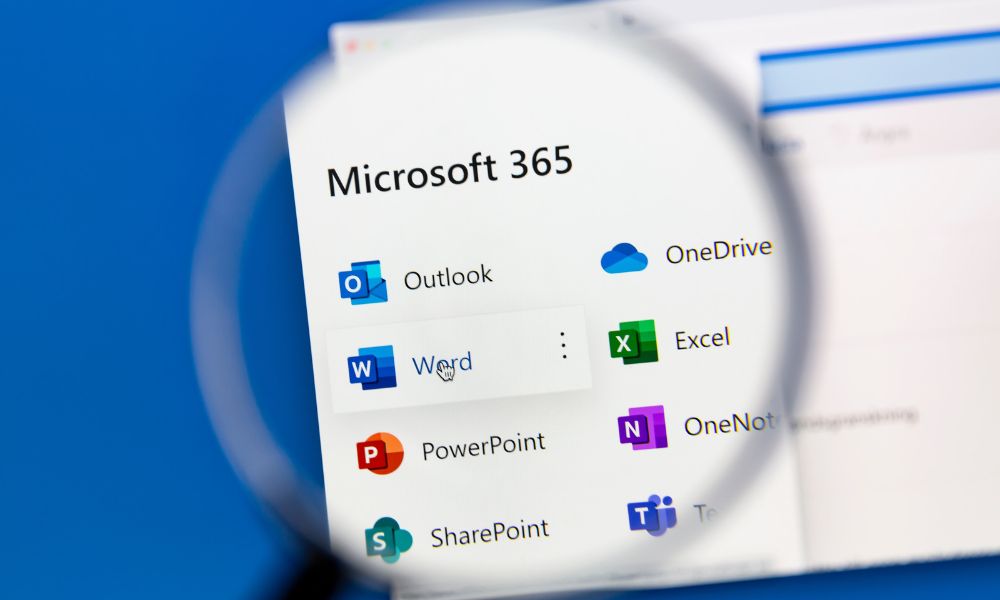Don’t Get Caught Out by a Cyber Attack
Many businesses feel that cyberattacks are things that happen to other people, not something that they need to actively prepare for. It doesn’t matter how big or small your business is, nor what industry you are in. If you hold any data at all about your customers, there will be people out there eager to get their hands on it.
A Growing Threat
The response of the UK government to the rising threat of cyberattacks, those directed at private entities as well as public bodies, has been mixed. The UK Cyber Security Programme has seen more than a third of its funding cut in recent years; a recent progress report from the National Audit Office did not paint the programme in a positive light.
However, the National Cyber Security Centre (NCSC) has continued to receive glowing reports from businesses who have worked with the group in order to prevent or mitigate cyberattacks on their platforms. The NCSC also works with businesses to coordinate a response to certain types of cyberattack.
But no matter what government initiatives are in place, it is still vital that businesses themselves take whatever steps they can to improve their own cybersecurity.

How Often Does Cybercrime Affect Businesses?
Cybercrime can harm a business in a multitude of different ways. The theft of customer data, for example, can cause considerable damage to a business’ reputation, as well as invite some serious fines under GDPR. Many businesses who are still complacent towards cybercrime don’t understand the full extent of the threat they are facing.
As well as cybercriminals who are trying to get their hands on sensitive data – data that can either be sold on or which will provide a competitive advantage against the business – there has been a growing trend towards the use of ransomware and blackmail. Ransomware attacks encrypt all the files on a system and hold them to ransom. These ransomware attacks are proving effective because for many businesses, even paying a high price to decrypt the files makes sense when stacked against the financial losses that would be caused if the data was lost forever.
A BBC report from earlier this year noted a 55% increase in the number of UK businesses on the receiving end of a cyberattack, a 40% increase since 2018. Not only has the frequency of attacks been increasing, but the average loss incurred by the affected businesses has also risen by an average of 61%.
What Can Businesses Do?
Perhaps the most common reasons for complacency on the part of businesses is that business owners simply don’t know what to do. Unless you are in the industry and, therefore, don’t need any help, it is statistically unlikely that you will be a business owner and a cybersecurity expert.
Your approach to preventing cyberattacks needs to consist of two primary strands – your systems and your workers. It’s no good having expensive, advanced security software protecting your business systems if the people who use those systems aren’t aware of what they need to do to ensure the security measures are working. Social engineering is often easier than finding a backdoor into a network; you only need to convince one person to do something that they shouldn’t. Make sure that your workers are aware of the most common social engineering tricks and can watch out for them.
Beyond that, ensure that all your systems remain updated, that anti-virus software is present on all your machines, and that you keep up with any available software updates. Businesses today need to be prepared to suffer a cyberattack. All your procedures, processes, and systems should be set up under the assumption that you will face an attack sooner or later.
Looking for a partner to support you in your online security efforts? Contact NECL for a chat today.








